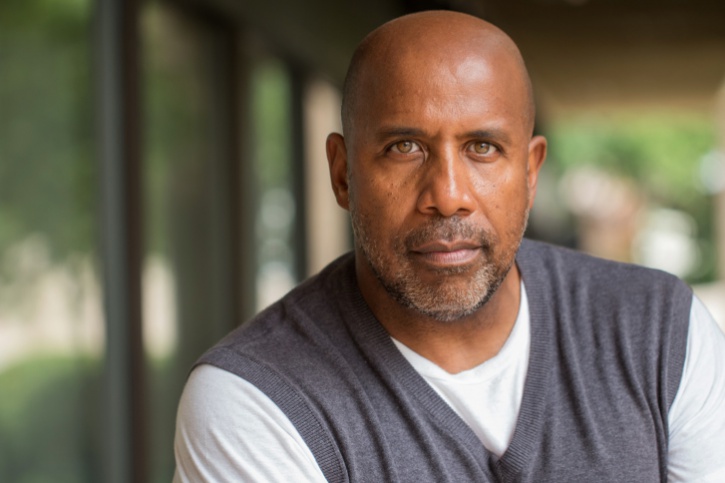 How much do you know about lung cancer? According to a recent survey, you may know less than you thought. The study shows that many patients, African Americans in particular, don’t know enough about this serious disease.
How much do you know about lung cancer? According to a recent survey, you may know less than you thought. The study shows that many patients, African Americans in particular, don’t know enough about this serious disease.
According to Christopher S. Lathan, MD, of the Dana-Farber Cancer Institute in Boston, and colleagues reported online in Cancer, significantly fewer African Americans than Caucasians thought lung cancer is caused by behavior or lifestyle and significantly more expected symptoms prior to diagnosis.
“Given the presentation of lung cancer, these beliefs could have an effect on prevention messages, seeking appropriate medical care for symptoms, and the physician-patient interaction with regard to seeking and accepting treatment,” the researchers wrote.
Lung cancer is the leading cause of cancer deaths in the United States, with only 15% of patients surviving five years after their initial diagnosis. Further, lung cancer is much more prevalent among African Americans than the general population.
According to a recent study, each year 73 out of 100,000 African Americans get lung cancer, compared with 54 out of 100,000 Caucasians. In addition, blacks develop the disease at a much younger age than their white counterparts. Black men ages 40 to 54 are two to four times more likely to develop lung cancer than white men. Further, blacks have the highest incidence of and mortality from the disease, but are less likely to receive treatment.
Spreading Awareness and Education
Researchers have long wondered whether potential differences in perception among racial and ethnic groups might play a role in such disparities. So they assessed data from the 2005 Health Information National Trends Survey of 1,530 cancer-free patients, conducted via telephone interview. They found that all participants underestimated the lethality of lung cancer, and few considered themselves at high risk for getting the disease.
On the other hand, the majority believed lung cancer was preventable through behavior or lifestyle modifications. There were no differences in opinions based on sex, but many answers differed by race, the researchers said.
For instance, blacks were more likely than whites to believe that there were too many recommendations for preventing lung cancer, and in multivariate analyses, blacks were twice as likely as whites to believe this. Blacks were also more reluctant than whites to be evaluated for lung cancer, and were three times as likely to avoid being evaluated in multivariate analyses.
“There is no known screening mechanism for lung cancer, but reluctance to seek a physician for fear of a diagnosis of cancer is a grave concern because black patients present with later-stage disease,” the researchers wrote.
Blacks were also more likely to expect symptoms prior to diagnosis and significantly less likely to believe that lung cancer is linked with behavior or lifestyle factors. These findings suggest that beliefs may affect prevention and treatment of the disease, the researchers said.
“If patients doubt the link between smoking and lung cancer, then this may translate into difficulty with smoking cessation,” they wrote. “If patients are reluctant to go to the physician for fear of diagnosing the disease, then this could lead to difficulty in accepting care for the disease.”
The results also suggest that healthcare professionals need to do a better job of communicating information about lung cancer, they added. Plus, “further efforts should involve discussion of the role of lung cancer in all communities, including communities of color, and addressing the knowledge gap.”









